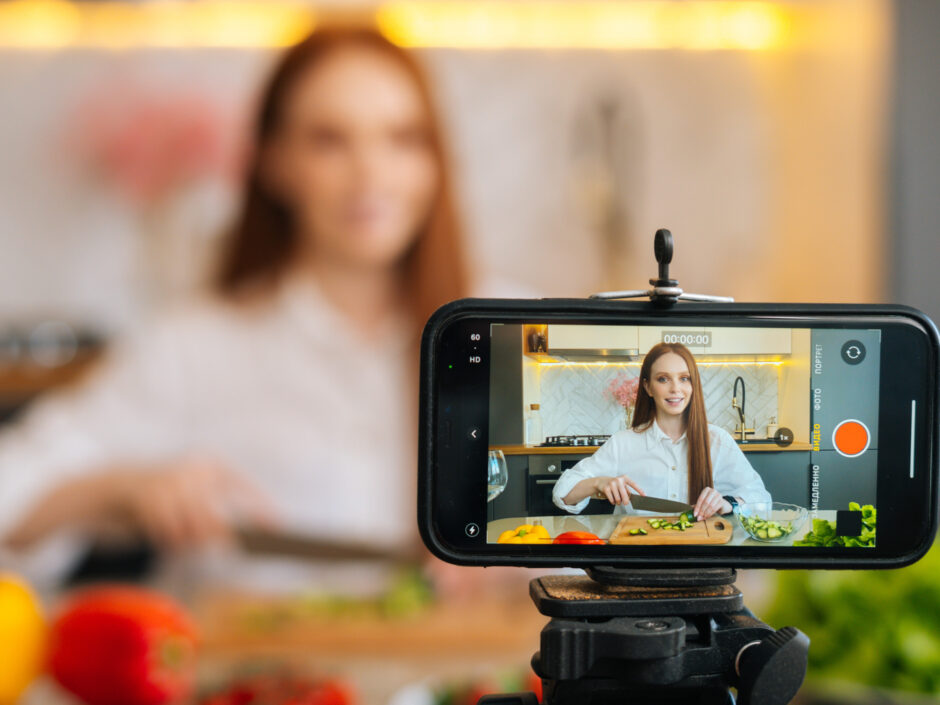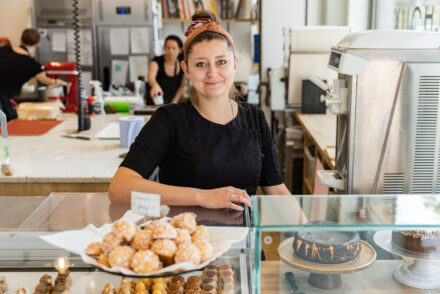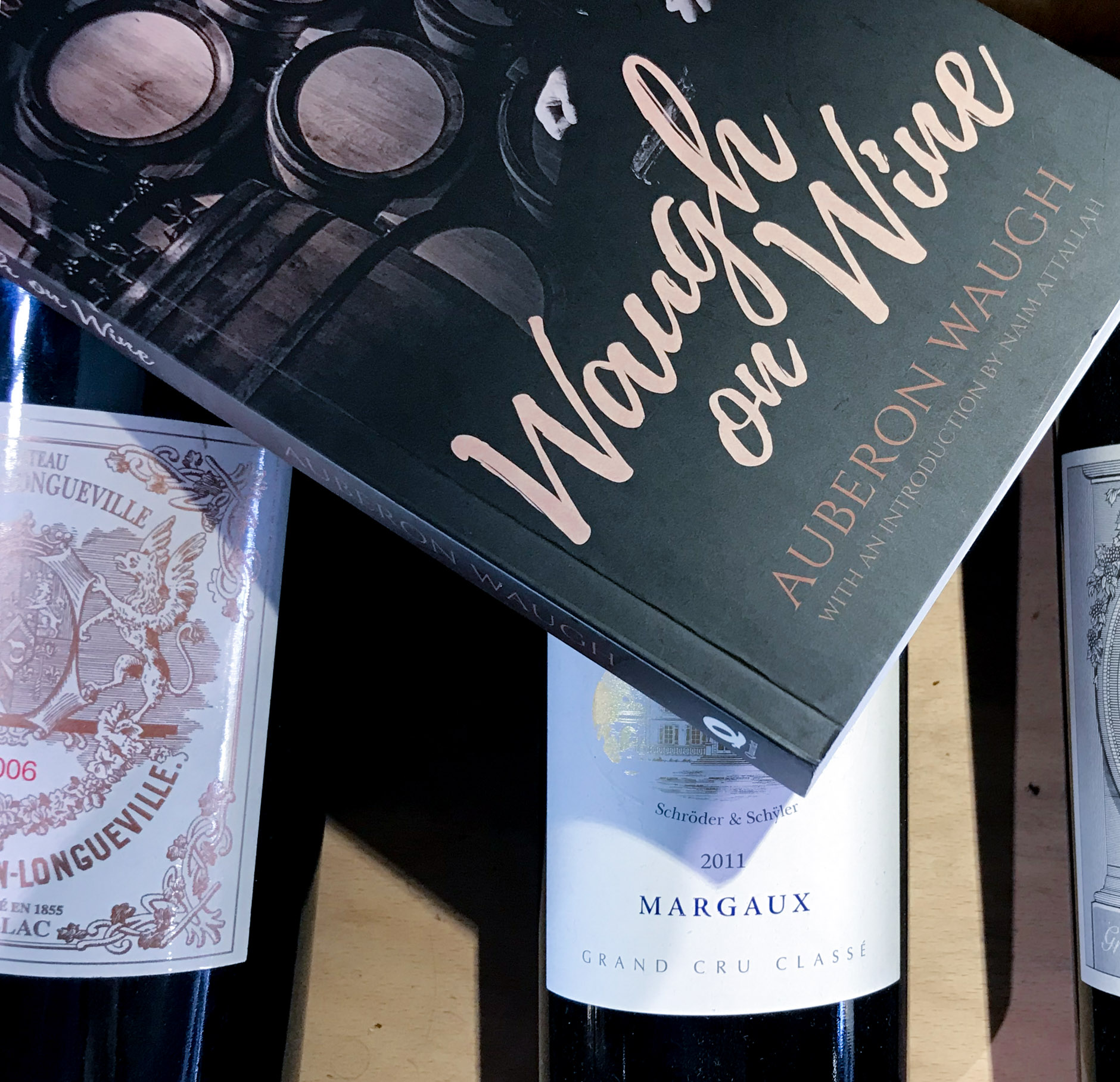If you’ve ever tried to cut cherry tomatoes between two plates or put your cooked pasta in an air fryer, then you’ve successfully been influenced by social media. Whether it’s obsessively making banana bread or testing out the viral whipped coffee from our days in lockdown, there’s a sure chance that most of us have put our hand to at least one viral recipe.
During the pandemic, whilst we were all stuck in our houses looking for a way to connect, Instagram and TikTok’s short-form videos grew rapidly. Initially known for dances to trending songs, “story times” and other easy to watch content, the world of short-form video quickly evolved, soon providing a platform for a plethora of cooking and food content.
Not being able to dine out and with more time to get creative in the kitchen, people started to experiment with cooking their favourite meals at home. Even Wagamama finally shared the recipe to their famous chicken katsu curry, which is still online for your perusal. A survey from 2020 quoted by The Independent also found that over 70 per cent of adults had begun using social media over cookbooks for recipe inspiration.
There are many different tips for creating a successful food video, from good editing and lighting, smooth transitions and timely pacing. The most effective methods of communication and advertising have always been concise, perhaps because humans can only process so much information at once. What makes these videos particularly attractive is without a doubt their short-form nature. When TikTok began to grow in popularity, the app extended the length of the videos users could publish from 15 to 60 seconds. Instagram similarly extended the length of their Reels from 30 to 90 seconds. Whilst these videos are now slightly longer, these limitations force creators to show their audience just how easy it is to make something delicious in a short timeframe.
This new generation of social media chefs has at least debunked the idea that the kitchen is a daunting place reserved for only the most experienced
Accessibility, ease and style go hand-in-hand. ASMR (autonomous sensory meridian response) videos have done particularly well on social media. People seem to have a strong affinity to hearing a knife slice through an onion or an egg being cracked into a bowl, perhaps because of our primal connection with not just the sight and smell of preparing food but also its sound. The most notable case of an ASMR TikTok rising to fame is when Emily Mariko amassed 82.9 million views on a video of her putting together a salmon rice bowl, which I’m sure at least one person reading this article has made. Though this video became a hit via TikTok, both Instagram and TikTok have features that allow you to save videos and share them with friends. When recipes and videos are as approachable as Mariko’s, it’s no wonder they disseminate to the masses.
Whilst both Instagram and TikTok have become an outlet for many home cooks and bakers to share their creations, these platforms have also allowed professionally trained chefs to share their tips and tricks to people at home. The hospitality industry was particularly affected by the pandemic, with as many as 660,000 job losses in the UK in 2020 alone. Michelin trained chef Poppy O’Toole (@poppy_cooks), known to Instagram as the “Potato Queen”, was made redundant at the start of the pandemic and began using TikTok as a way to share recipes and tips for home cooks. As you may have already guessed, her potato recipes went viral and she’s just announced the release of her second cookbook Poppy Cooks: The Actually Delicious Air Fryer Cookbook.
This visual element of short-form food videos is in a way on a par with traditional TV chefs, but why are we so drawn to social media over Saturday Morning Kitchen? One reason may be very simple: due to the huge advances in mobile technology in the last decade, the younger generations tend to consume their media mostly through smartphones. There has also been a shift to an on-demand culture whereby people rarely sit down to watch TV as it’s broadcast anymore but rather on their own terms. Of course, short and approachable videos seem to be the most engaging but social media has also created a more democratic outlet, proving that there’s something for everyone in any style you can imagine. Creators such as Justine Doiron (@justine_snacks) and Nasim Lahbichi (@lahbco) both share chatty and relaxed videos of themselves cooking in glowing natural light. Whilst their recipes may not always be as easy to recreate, it’s the aesthetics and resonance with ordinary people that really make you stay.
I’m sure ten years ago we probably never would’ve believed that people could make posting content on Instagram and TikTok their full-time jobs. With the possibility of doing paid advertisements and partnerships, many food creators have transitioned to doing social media full-time where they themselves are the brand. It starts to make you wonder whether social media chefs could replace traditional TV chefs. If a legend like Delia Smith was starting out today would she be producing her own content and publishing it straight to Instagram? Not only are users of these platforms able to engage with creators through comments, short-form videos are a lot less hassle to make. By no means is it an easy feat to produce and edit clean, professional short-form content but it’s definitely far easier to create than a TV show that requires months of work, professional editing and a whole team of people. Food videos are now just as easy to create and access as they are to share to the world.
However, many social media chefs now seem to be attempting to bring longevity to their work, especially with the general controversy surrounding TikTok as a platform. Food creators are directing people to find recipes on their websites with some also going on to publish their own cookbooks, which suggests that these more traditional means of accessing recipes will remain popular for some time.
Whilst some might fear this ‘take over’ by online food creators, this new generation of social media chefs has at least debunked the idea that the kitchen is a daunting place reserved for only the most experienced. It’s inspiring a younger generation of people to cook, bake and share their creations and it’s also allowed me to choose what I’m going to cook for dinner this evening.
May 2023
Cover photo licensed by Adobe






